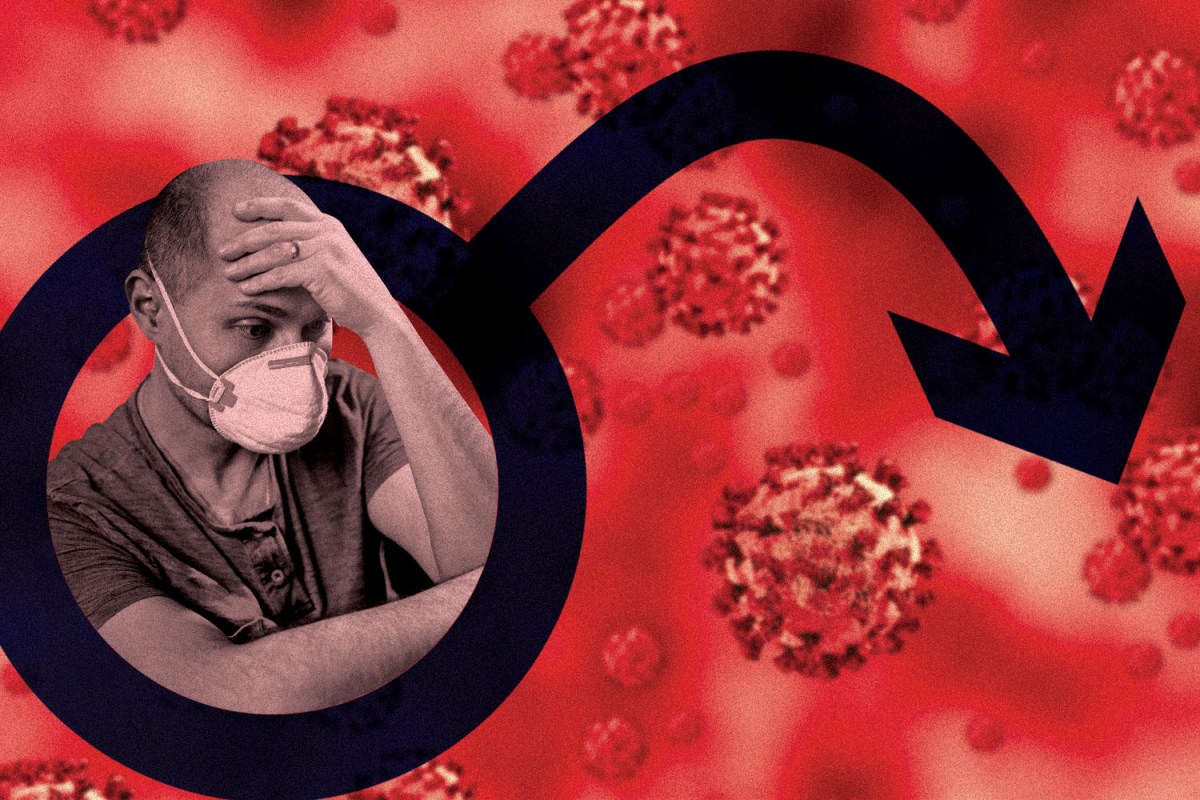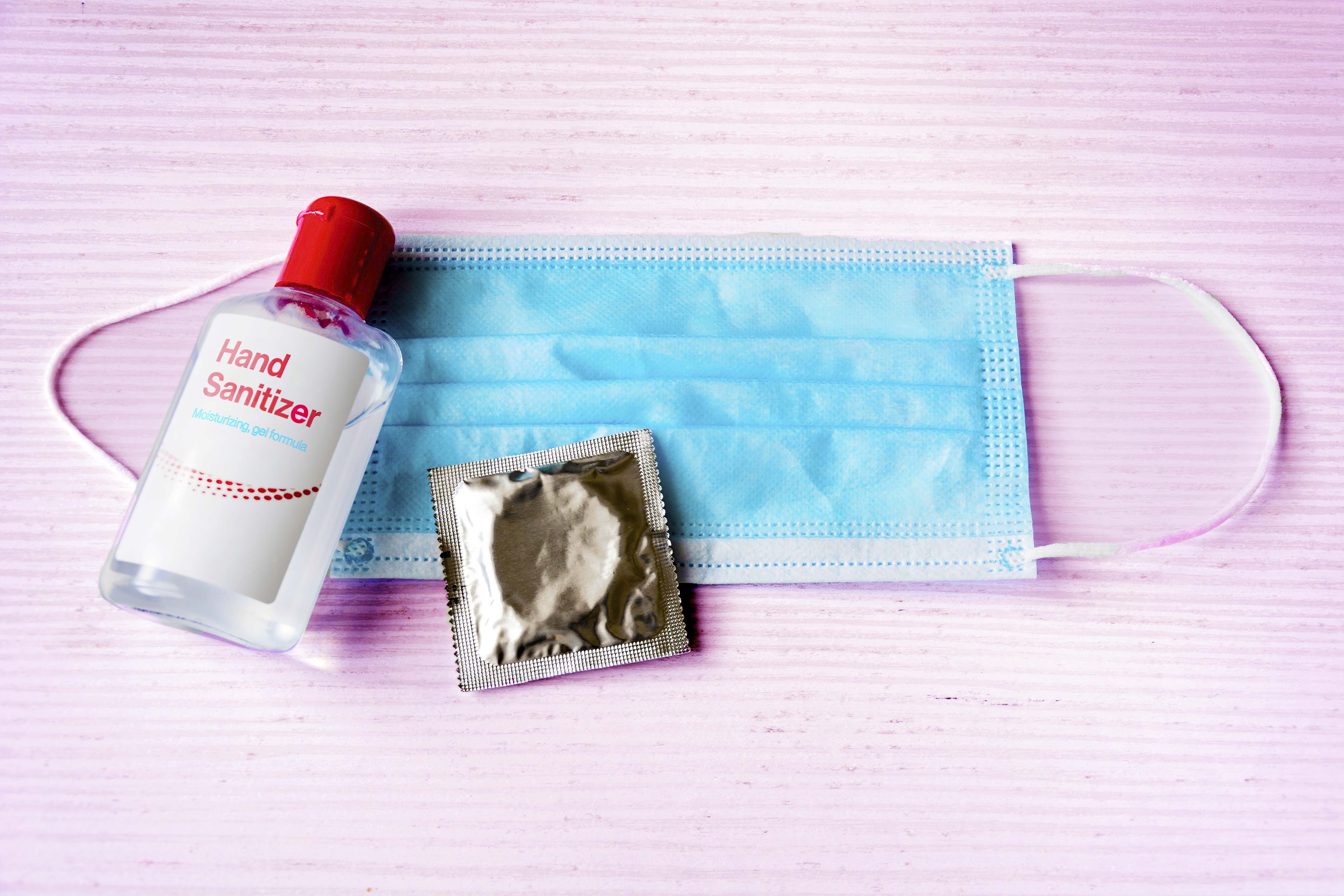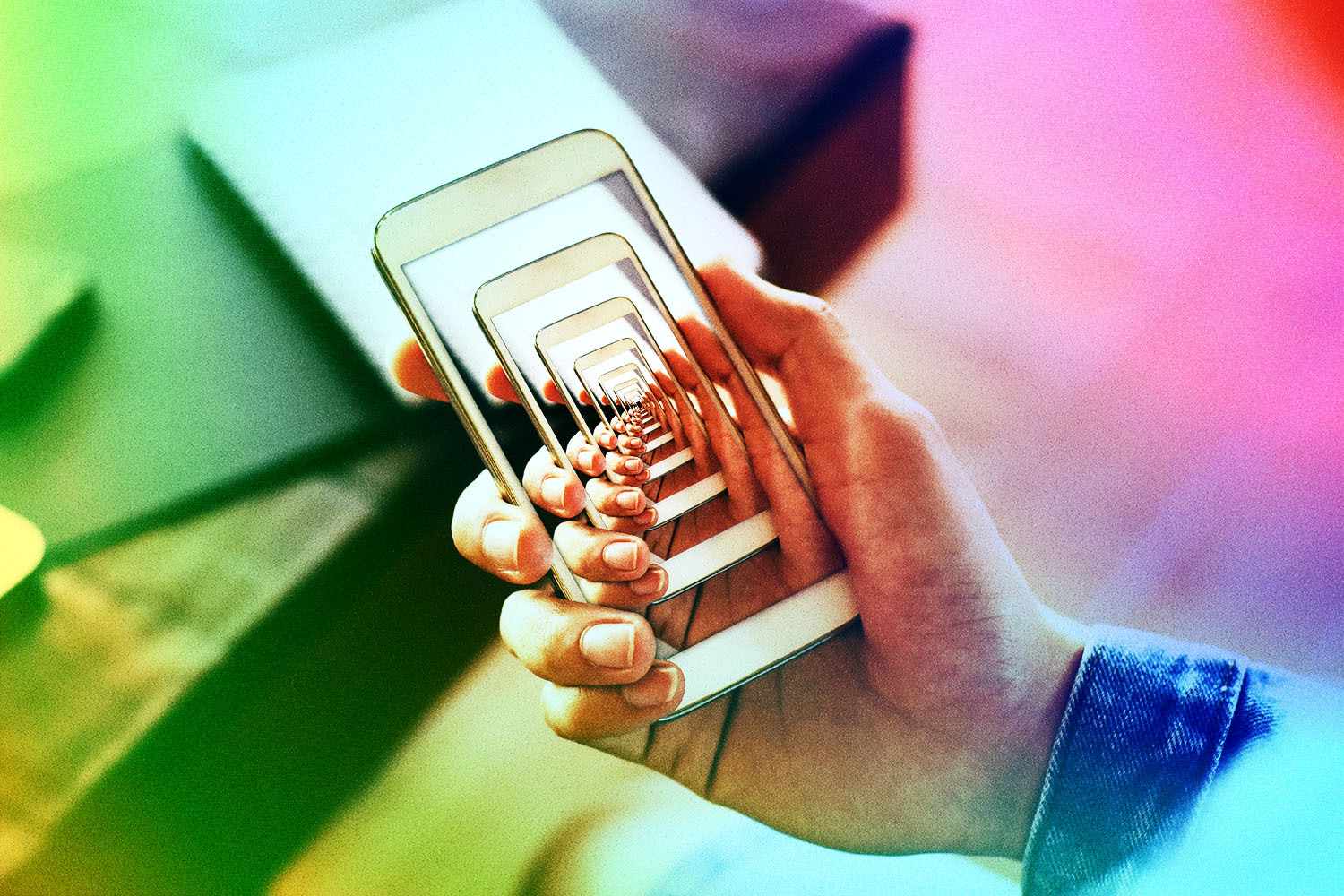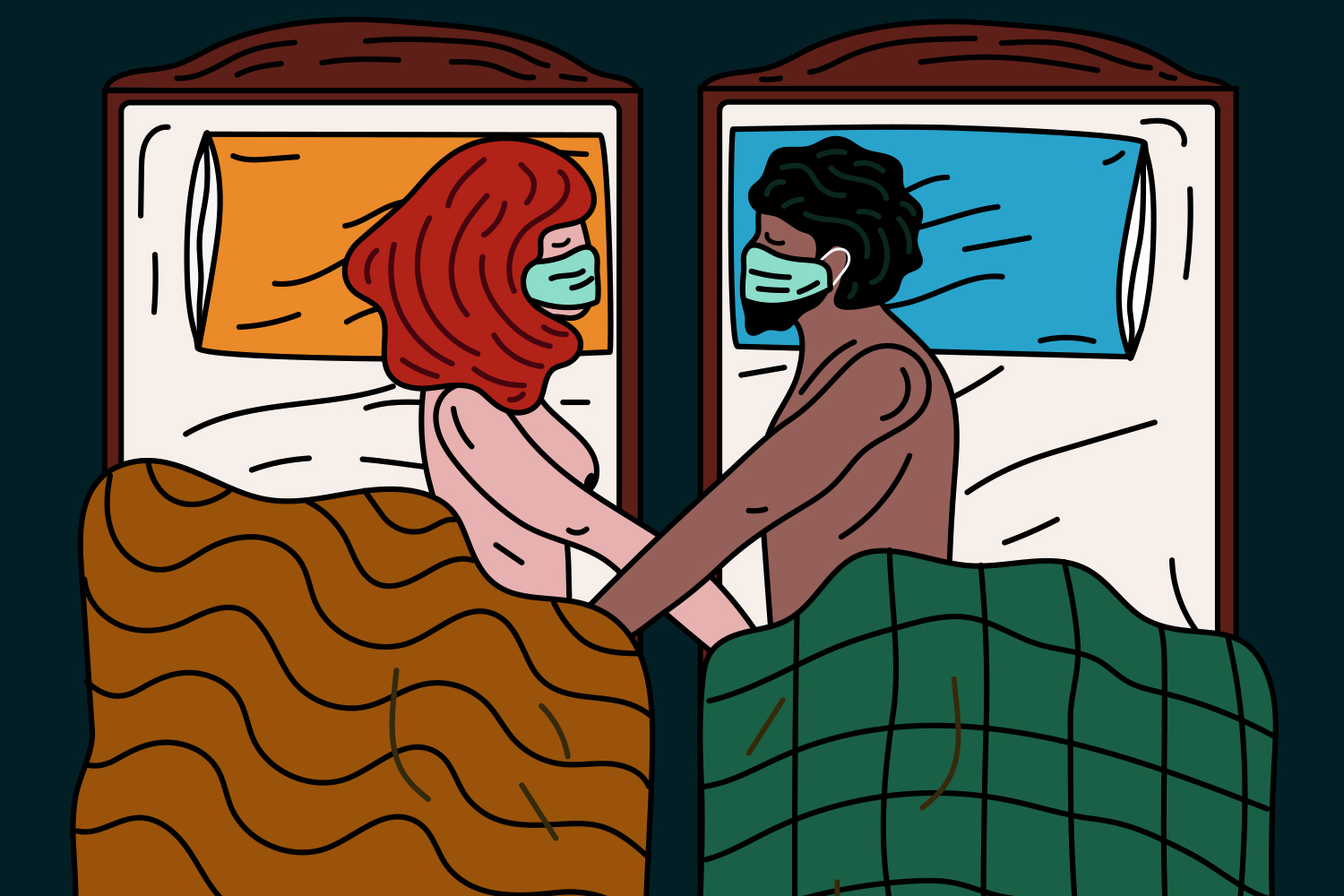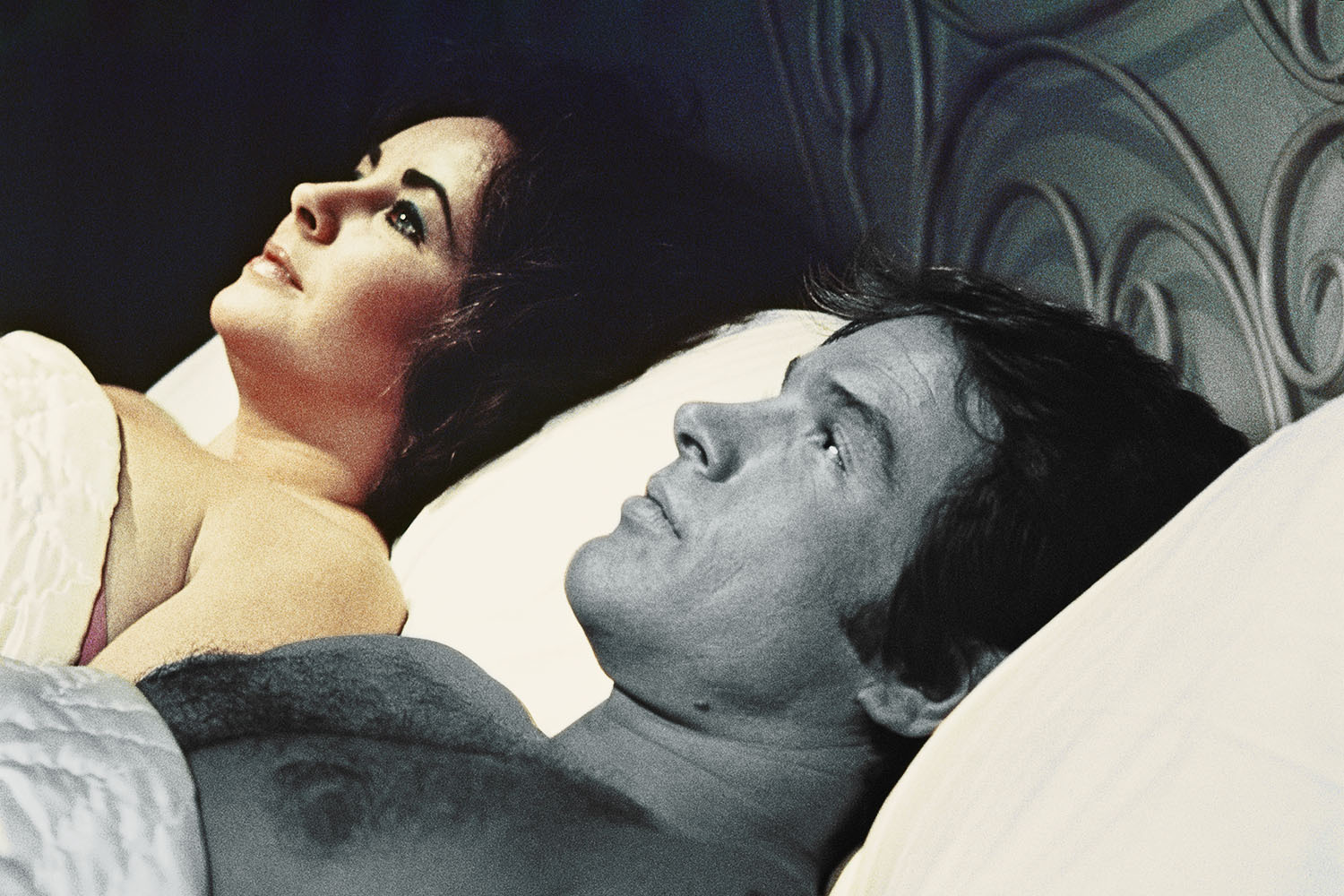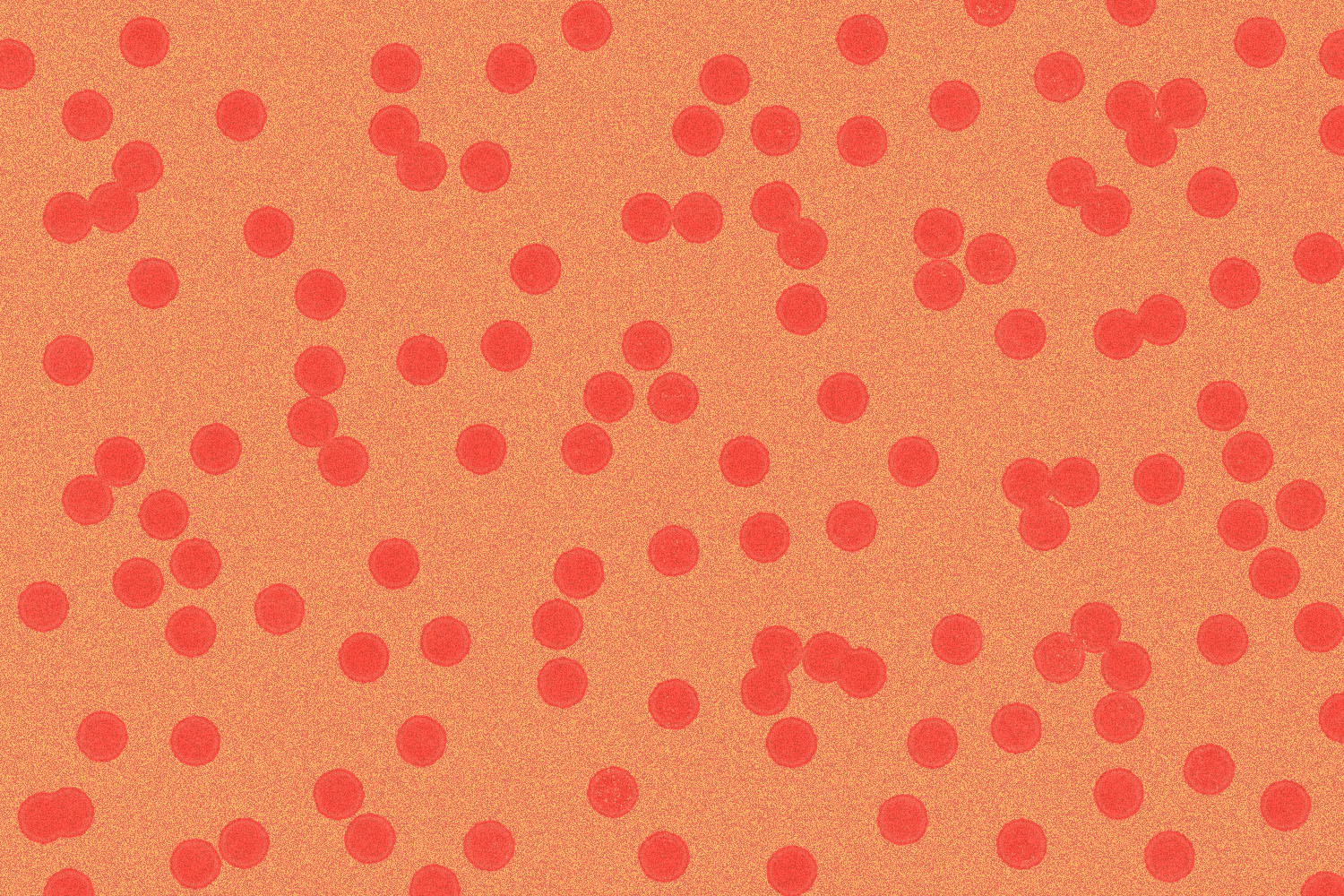COVID-19 is proving to be an unbelievable cockblock. As quarantine, social distancing and lockdowns continue to drag on, cases of erectile dysfunction have gone up, with data from UK-based medical company Superdrug reporting a 13-percent increase in requests for erectile drugs such as Viagra.
Given what we know about the levers that control erection, it’s not exactly shocking that we’re having trouble keeping our dicks up at a time like this. The ability to have a sustained erection — or any erection at all — is directly related to a host of emotional, physiological and psychological factors. In a nutshell: it’s complicated, and the added layer of a global pandemic has only compounded the finicky nature of our hard-ons.
This correlates with what I’ve seen in my own clinical practice and that of my colleagues. “Right now, sexual desire is at an all time low,” says Moushumi Ghose, MFT, a licensed sex therapist. “People are lonely, financially stressed and overall depressed, and these [factors] are affecting libido directly. We are seeing a lot of erectile issues, desire and arousal issues, and general malaise has taken over.”
Additionally, for those who have had the virus, there may be long-term erectile issues that come into play. There is more research that needs to be done on the lasting effects post-recovery, but recent data suggests that COVID-19’s potential long-term effects on the cardiovascular system could result in erectile issues for people with penises.
It’s worth emphasizing that, COVID or no COVID, erectile issues are extremely common. One 2013 study found that nearly a quarter of men under the age of 40 have experienced erectile dysfunction at some point in their lives, while a more recent 2018 review showed that a third of men experience ED at one time or another.
“Your sexual health relies on your mental health, and in most cases, vice versa,” Ghose tells InsideHook. If you’re not feeling good emotionally, your penis is going to have trouble getting hard. Contrary to popular opinion, most instances of ED do not occur for physiological reasons. The vast majority of the time, ED occurs because of psychological issues, which can be related to shame, anxiety, guilt and fears about sexual performance.
It’s not shocking then that erections, and libido in general, have taken a hit since the pandemic began. Our stress levels are off the charts. We’re anxious about our health, our loved ones and the future. Anxiety has a big impact on sexual desire, arousal and performance. When you’re anxious about a potentially lethal virus, it makes getting erections more difficult. It’s not exactly easy to concentrate on sex when you’re worrying about death.
This generalized anxiety leads to performance anxiety during sex, which then leads to fewer erections. It’s a vicious cycle, and according to research from The Kinsey Institute, which aimed to gauge the long-term effects of COVID-19 on sexual health, the more stressed and disconnected we feel, the worse our sexual health becomes.
Studies have shown this to be true for people of all genders. According to data from an NBC poll of 9,000 people, only 24 percent said the coronavirus outbreak had positively affected their sex lives, while 47 percent said it had affected them negatively. While some of us may have the Lockdown Hornies, most of us are feeling the impact of this global crisis in the negative. Our bodies are in a constant state of “fight or flight,” which doesn’t tend to foster sexy feelings.
That said, there are steps you can take to help COVID-proof your libido. When it comes to physical health, be sure you’re staying on top of your routine. “Focus on your diet, exercise routine, and overall health,” says Dr. Chris Kyle, Urologist at Giddy, the sexual health and wellness company behind Eddie, a new wearable device for people with erectile dysfunction.
“Difficulty maintaining an erection is often a signifier of another underlying issue — mental health, heart problems, blood pressure — so keeping those parts of health in check can be beneficial to erectile health as well.”
Meanwhile, it might also be helpful to see the COVID libido crisis as an opportunity to rethink what we value sexually and to redefine what it means to be intimate. The pandemic is definitely to blame for lackluster erections to a certain extent, but it’s also worth assessing our cultural obsession with erections and the unrealistic pressure we put on men (and all penis owners) to have them at a moment’s notice. This is an opportunity to start having real, honest conversations about sex and to create a language with which couples can communicate without shame.
Ghose explains that focusing on “goal-oriented” sex has been causing erectile issues since well before COVID. Pressure is the kryptonite of natural arousal, regardless of gender, and it’s time we did away with the harmful idea that P-in-V sex is the center of the sexual universe. If intercourse sounds like the last thing you want to do right now, that’s completely fine. “If your partner is a woman, she surely will appreciate it if you take the focus off your penis for a change, and use your hands and mouth while also focusing on other parts of her body, such as her neck, her thighs, behind her ears,” Ghose says. “Discover all the other areas of the body that induce excitement. When you let go of the goal-oriented pressure, you’ll be surprised at what comes back to life.”
There are plenty of ways to foster intimacy that don’t involve intercourse. If you’re in a relationship, cuddling, massaging and holding your partner can promote oxytocin production — our body’s natural pain reliever and the hormone that facilitates feelings of closeness. You can also try mutual masturbation. Find an erotic clip that is hot for you and your partner and masturbate side-by-side. If you’re dating from a distance, send your partner a link so you can watch it together.
When we take the pressure off of sex, we come to the intimacy table without the added pressure of needing to perform. Putting pressure on getting a boner will only lead to fewer boners. It’s a sexual Catch-22, and we could all benefit from a more relaxed understanding of what it means to be intimate. After all, sexual pleasure is one of the few luxuries we’re allowed to have right now. Let’s make the most of it.
Whether you’re looking to get into shape, or just get out of a funk, The Charge has got you covered. Sign up for our new wellness newsletter today.
